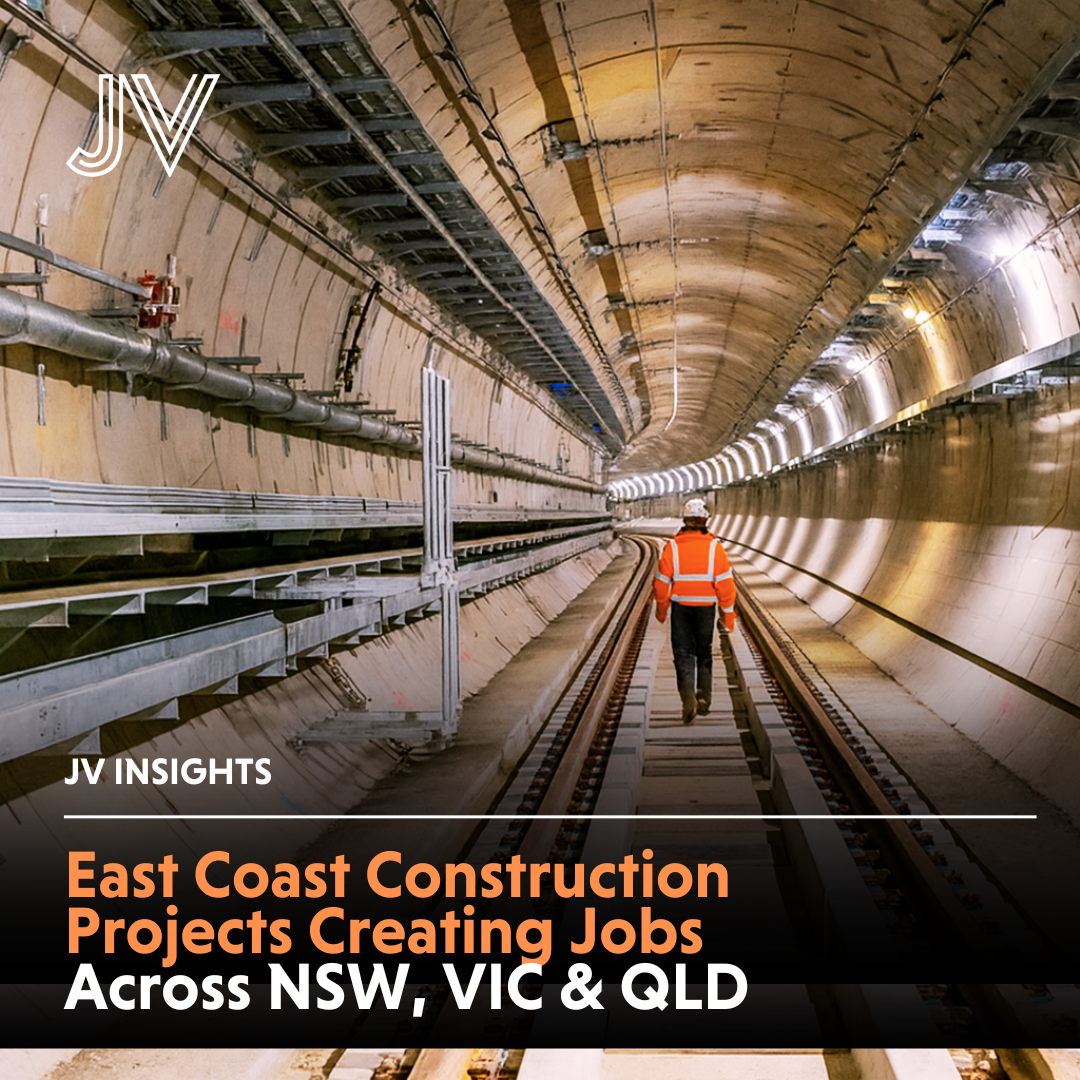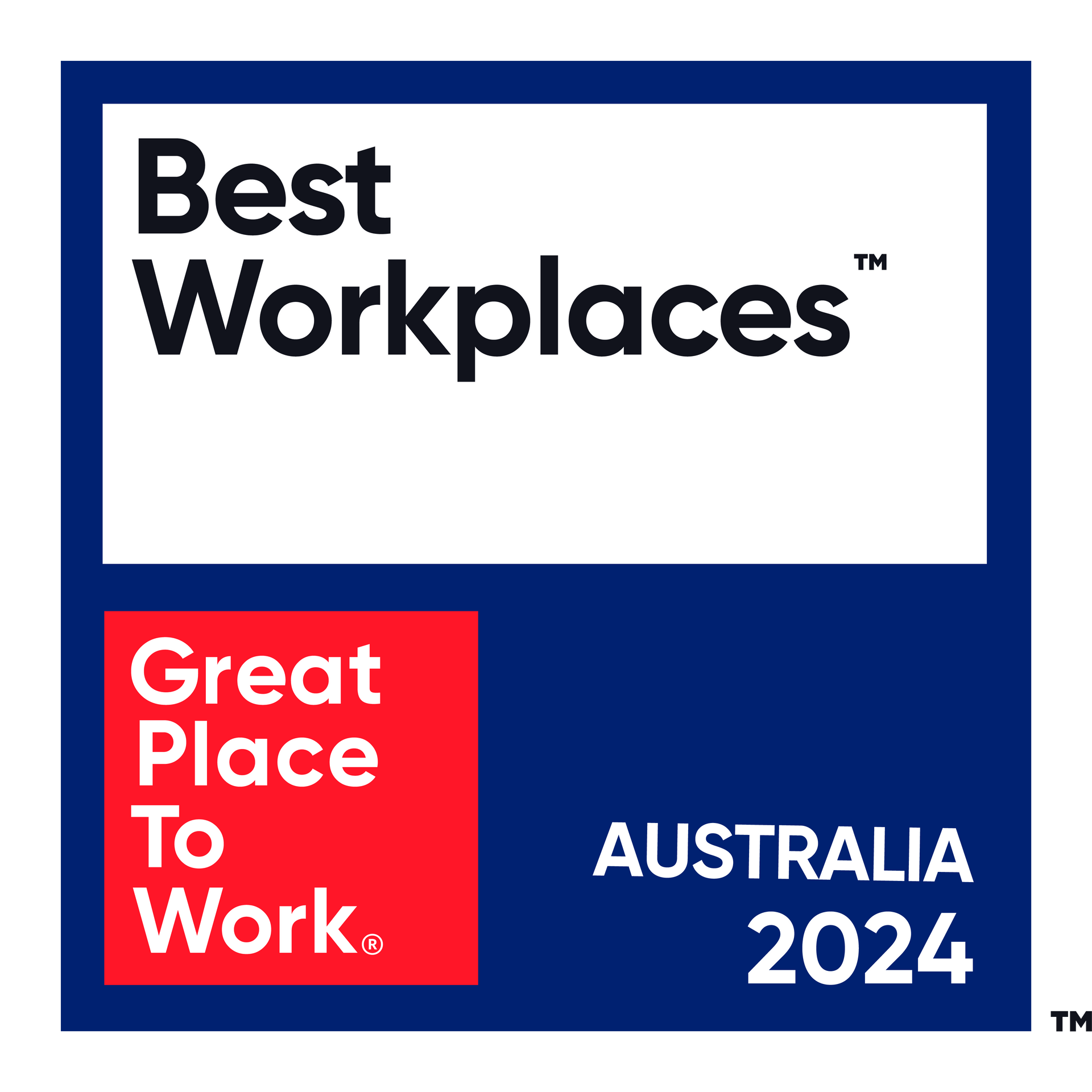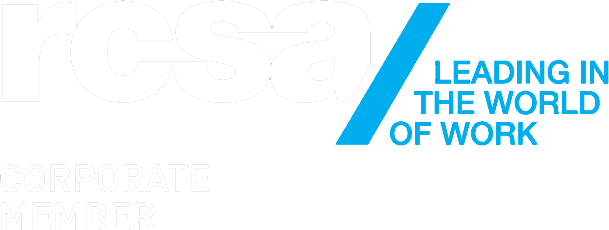Four Interview Questions to Ask Construction Workers
Finding the right interview questions to assess construction workers can be challenging, especially given the diverse background and experiences of different candidates. In some cases, construction workers can walk onto a site and ask to speak with a manager, and boom – job offered. In other cases, roles such as Civil Construction Manager may require a sit-down conversation.
The right questions involve striking a delicate balance between general questions that allow candidates the freedom to showcase their strengths and more specific questions that test their specialised knowledge and skills.
While crafting the best construction interview questions depends highly on your organisation and the unique role you’re hiring for, here are four questions you may consider asking when conducting a construction worker interview!
"Tell me about your previous experience in the construction industry."
Though this question may be a bit of a cliché, its popularity is certainly justified! It makes for an excellent opener, allowing you to quickly gauge the candidate's overall experience in the field – from an overview of their work history to the specific projects, roles, and responsibilities they have undertaken in the past.
This is great because it gives candidates the freedom and autonomy to take their answers in whichever direction they see fit, highlighting whatever experiences they feel are most relevant to the position.
Look for candidates who can articulate their experience clearly and confidently and those who emphasise previous experiences that align best with the position requirements you are hiring for.
“Can you describe a challenging construction project you have worked on and how you overcame obstacles?"
This question is also a popular choice to help you quickly evaluate a candidate's problem-solving abilities and capacity to handle difficult situations that so often arise in the construction industry. From material shortages to unpredictable weather, the problem the candidate chooses to describe may have been something beyond their control.
They might also choose to discuss an interpersonal issue or perhaps a project that posed a safety hazard to the construction team. No matter their decision, the problem described and the way the candidate responded will tell you a lot about their values and approach as a construction worker.
The candidate's response will also provide insights into some of their key traits, such as their resilience, adaptability, and resourcefulness. Note which candidates can articulate their specific challenges, explain the steps they took to address them and reflect upon the outcomes or lessons learned from the experience.
"How do you prioritise safety on the construction site, and what measures have you taken to ensure a safe working environment?"
For a construction worker, safety is paramount, and it is vital to hire workers who prioritise and understand the importance of safety protocols. This question allows candidates to demonstrate their knowledge and commitment to maintaining a safe working environment.
A strong response will highlight specific safety measures the candidate has implemented or followed, such as conducting regular safety inspections, utilising appropriate personal protective equipment (PPE) and safe lifting techniques, or actively engaging in safety training.
Ensuring that successful candidates value safety above all is vital – especially considering construction has one of the highest amounts of serious workplace accident claims of all sectors in Australia.
“What drives you to perform at your best in your work as a construction worker?"
On a base level, this question lets you hear about the candidate’s driving forces and what inspires their work. This knowledge helps assess whether the candidate's motivations align with the job requirements, the company's values, and how passionate they are about their work.
This is a great question to ask toward the end of the interview, allowing the candidate to wrap up by discussing their motivations and what has worked best for them in the past as a construction worker.
Indeed, this question’s purpose is twofold – if you feel like the candidate may be a great fit for your organisation, hearing more about what motivates them will also provide insight into what you can do to keep them engaged at work, should you choose to hire them!
Speak to Our Specialists
That covers four of the best interview questions to ask construction workers. Whilst these are a great jumping-off point, they are obviously quite general. If you are looking to craft a bespoke list of interview questions, or refine your interview process, enlisting the help of an Australian recruitment agency specialising in construction may be your next best step.
Our team at JV Recruitment are experts in sourcing and vetting qualified candidates, and consulting with us can help save you time and effort in the hiring process. If you’d like assistance throughout the interview process, please don’t hesitate to contact us!








